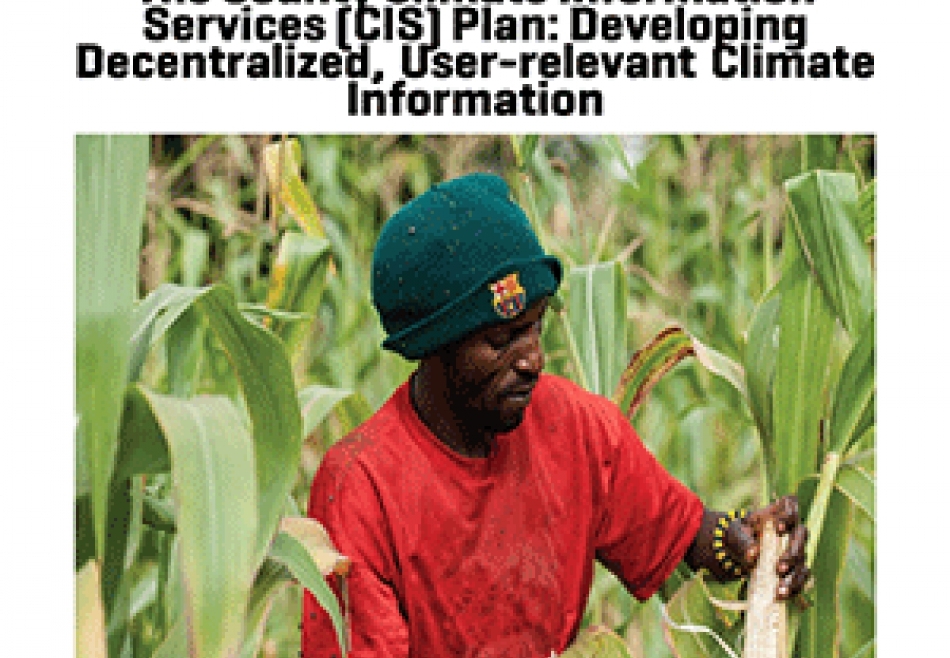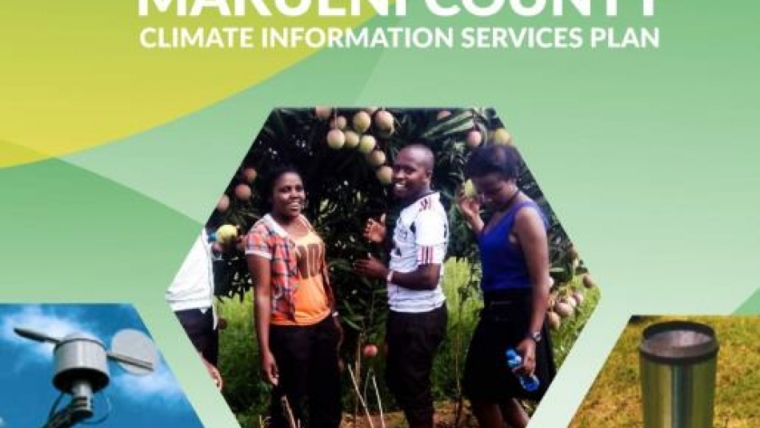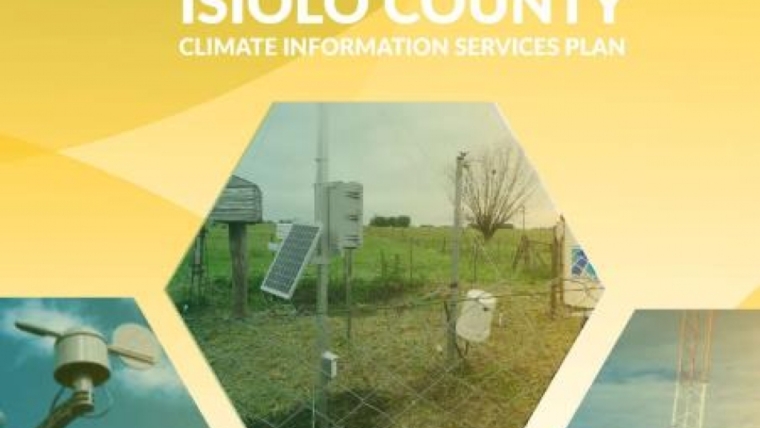Summary
Supporting the process of devolution and decentralisation in Kenya, the Kenya Meteorological Department (KMD) piloted the development of a County Climate Information Services (CIS) plan. Designed to develop climate information which can support decision makers across County Government and key livelihood groups, the plan was developed through focus group, key informant interviews and technical reviews, with the draft plan reviewed and agreed through stakeholder consultation.
Piloted in Kitui, the process has been endorsed by County Government and KMD, accepted as a template for roll out nationally and is informing complementary approaches in neighbouring countries.
Background
KMD is mandated to provide meteorological services to protect lives and property and contribute to sustain- able development. In line with the process of devolution and decentralization, KMD has established County Meteorological Offices (CMOs) each headed by a County Director of Meteorology (CDM) who is responsible for delivering national policies on meteorology at county level and developing Climate Information Services (CIS) which can best support the County’s planning processes and principal livelihood groups.
The process of developing County CIS plans was piloted in Kitui County, one of the five Arid and Semi-Arid Lands (ASAL) counties where the DFID Kenya-funded Adaptation (Ada) Consortium is operational. Aware of the low uptake and confidence in its services, the County CIS plan sets out how KMD will deliver locally-relevant information at time frames of hours, days, weeks, months, seasons and years to support local, sub-county and county-level decision making, strengthening livelihoods and building resilience to the impacts of severe weather hazards, climate variability and change.
It sets out 1,3 and 5 year plans which can then be supported through different funding, including KMD and the County Administrations.
During project inception, partners agreed on a framework and set of principles to underpin the collaborative development of decision-relevant climate information. It was recognized that climate information need to:
- Be relevant to users’ needs/livelihoods and gender-sensitive;
- Be accessible;
- Be explicit about the levels of confidence and uncertainty and strengthen appropriate communication and use of probabilistic and uncertain information;
- Foster increased trust through developing two-way channels of communication; and
- Recognise and be integrated with local knowledge systems.
Engaging the cross-disciplinary capacities of Ada partners and bringing in communications expertise, the development of the County plan sought to operationalize these principles. The process included key informant interviews with key ministries of County Government, decentralized agencies and development partners and local and regional radio stations, focus groups with livelihood groups across climatic zones and technical reviews of observational and communications networks.



